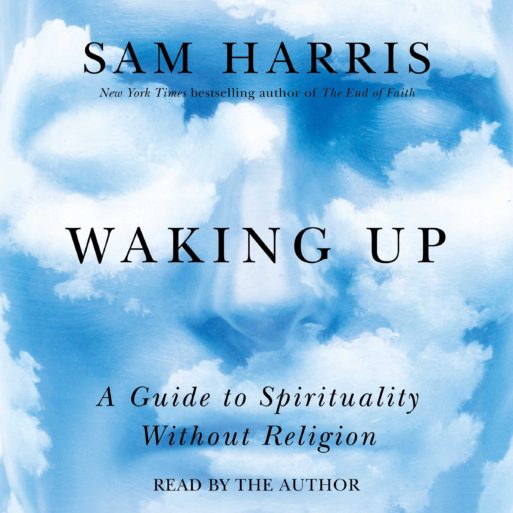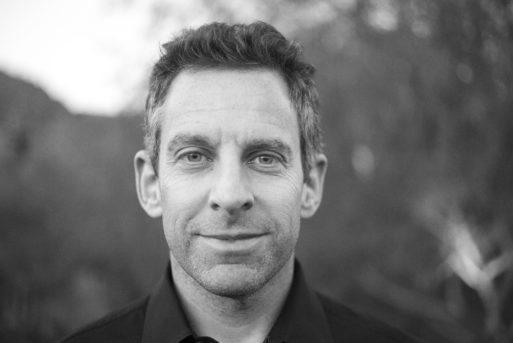 Religion plays a role in nearly every society around the world, answering many questions, including the ever-present, “What happens after death?” This is why atheists and agnostics often feel as though they’re left out of the conversation, isolated in their grief. After losing a loved one, they might hear platitudes like, “He’s in a better place,” or “You’ll see him again someday,” all of which little support to someone who doesn’t believe in an afterlife or God. In a world where 84 percent of people identify as religious, the other 16 percent need their own resources for coping with death.
Religion plays a role in nearly every society around the world, answering many questions, including the ever-present, “What happens after death?” This is why atheists and agnostics often feel as though they’re left out of the conversation, isolated in their grief. After losing a loved one, they might hear platitudes like, “He’s in a better place,” or “You’ll see him again someday,” all of which little support to someone who doesn’t believe in an afterlife or God. In a world where 84 percent of people identify as religious, the other 16 percent need their own resources for coping with death.
Sam Harris is here to help. His book, “Waking Up: A Guide to Spirituality Without Religion,” is the perfect resource for atheists and agnostics who have questions about life and death. Harris doesn’t tell you what will happen after you or a loved one dies. Instead, he offers philosophical thought experiments and logical reasoning on what it means to be alive, and why death isn’t as terrifying as it seems.
Many of the claims in Harris’ book aren’t new. They’re based on centuries of philosophical thought, which he presents in a single, tidy set of chapters. Harris meticulously defines what it means to be religious (that belief in something requires faith, not reasoning or experiments) and explains how his readers can cope with life and death without relying on faith.
Harris draws dozens of conclusions from his studies in science, logic, and religious philosophies. But where he is at his most compelling is when he talks about what it means to have a soul, and why fearing death is a waste of time. Within the first few chapters, Harris shatters the concept of the “soul,” and asks, “What makes us who we are?” The answer isn’t clear, and readers are left squirming with that thought for a while.
In the subsequent chapters, Harris slowly picks up the pieces. His philosophy can be distilled down to this: Living well and fully, right now, is a more worthy pursuit than worrying about what will happen when we die. Harris takes multiple steps to reach this conclusion, and it is well worth reading all the way through to understand the dozens of more subtle points he makes in the book.

Photo Credit: Wikipedia.org Christopher Michel
While this book takes an agnostic and even atheistic look at religion, it is a book that religious readers should consider adding to their bookshelves as well. Harris’ views on life and death are fascinating, and he doesn’t expect his readers to merely take him at his word. Instead, he provides scientific proof, or he takes you through logic he used to reach the conclusions in every chapter.
Whether you’re an atheist mourning the loss of a loved one, or you simply have questions that no religion has been able to answer, Sam Harris’ “Waking Up” is essential reading.

 “Waking Up: A Guide to Spirituality Without Religion” by Sam Harris
“Waking Up: A Guide to Spirituality Without Religion” by Sam Harris


 John Mulaney’s “Funeral Planning” on Netflix: No Real Plan
John Mulaney’s “Funeral Planning” on Netflix: No Real Plan

 Composting Bodies Is Now Legal in a Dozen States
Composting Bodies Is Now Legal in a Dozen States














